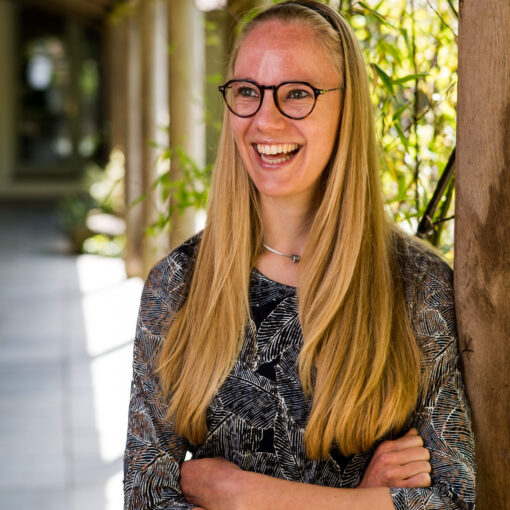PhD in Computational Neuroscience, MIT, March 2021
| Research Scientist | |
|---|---|
| Meta | |
Year entered into a non-academic position: April 2021
Job highlight: In general, a more collaborative and team-oriented environment. Research questions are guided by the practical impact of the work, which can be commercialised into products later on. Negative results are also very important, as long as they can guide the direction of the projects.
My research training set me up to: When the job is highly related to my PhD field, I’m able to ramp up faster and apply my domain knowledge to the job. When the job is less related to my PhD, self-learning and soft skills are generally useful (e.g., deep thinking, literature search, implementation of new ideas, scientific discussion, presentation, etc).
Left academia after: PhD
What’s your background?
Majored in electrical engineering in college and then did neuroscience in graduate school. I also took multiple biology courses in college, so I have an interdisciplinary background.
Why did you move away from academia?
I enjoy being an independent contributor and feel I do not enjoy the routine jobs as a faculty. I enjoy doing research more than writing grants all the time. Additionally, I prefer collaboration and seeing the actual impact of the work. Moreover, the industry offers much better compensation.
Is there anything you miss about academia?
Freedom to work on projects out of pure curiosity, as well as more time for scientific planning and thinking.
How did you get this job? Did you face any challenges when considering a move away from academia or applying for the role?
I applied through an internal referral by friends working at the same company. The major challenges are coding interviews in tech companies, as many of the coding questions (especially LeetCode) are not common for my work in grad school.
What motivated you to/why did you choose the sector you transitioned into?
Given my solid background in engineering, I chose the sector that better matches my background.
Did you think you had the skills required for your current position before you started? Were you right?
Partly, and I was expecting that. I have a lot of machine learning and brain signal processing experience, but I am also learning and acquiring more skills in the current position.
How did your PhD prepare you for your current job? For example, what were the transferable skills that you developed during your PhD that are most relevant to your current job?
My experience in applied machine learning, neural data analysis, and experimental design.
Did you have any preconceptions about your sector that proved to be wrong?
Yes. Project direction and its distance to product turns out to be slightly different from what I thought before joining.
Can you describe a typical week in your job?
It contains a lot of meetings and discussions, writing and reading codes, data analysis, planning experiments and thinking, as well as reading papers.
What is the workplace culture like? Please include comments on work-life balance, flexibility, remote working?
Move fast, build something useful. There is flexibility in working schedules within a day as long as you get your work done. Currently, the company allows a hybrid working mode between working onsite and remote working from home.
Do people with a PhD frequently get hired in the company/sector?
If their expertise and backgrounds match the role (mostly research scientists), yes.
What are your favourite parts of your job?
Intellectual challenges brought by the job.
What are your reflections on your career path?
Interdisciplinary but also deviating from the original plan along the way.
Do you have any advice for current graduate students and postdocs considering a career outside of academia?
Talking to people outside of academia to learn what the possible options are, and doing internships before leaving academia if possible.
What do you know now that you wish you’d known when exploring a transition?
I gathered a lot of information before I made the decision to transition outside of academia, including doing an internship, talking to many people with different career paths, and interviewing at different companies to understand various roles. The only thing I wish I could have done is to do multiple internships to really get exposed to different working cultures.
Can you recommend any relevant resources, organisations or events that might help somebody new to the sector find out more about it?
I would recommend following relevant posts from companies that you’re interested in on LinkedIn, and consulting with your department to see if they have any alumni connections.





